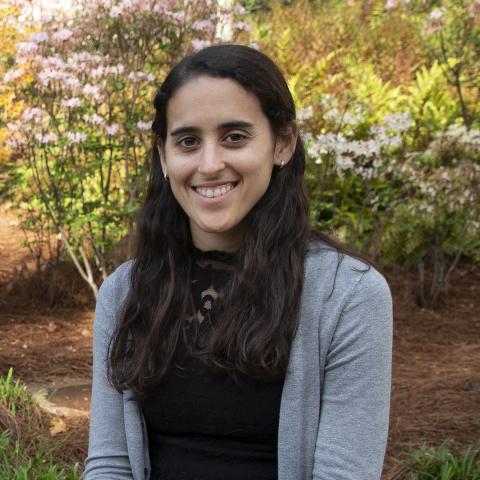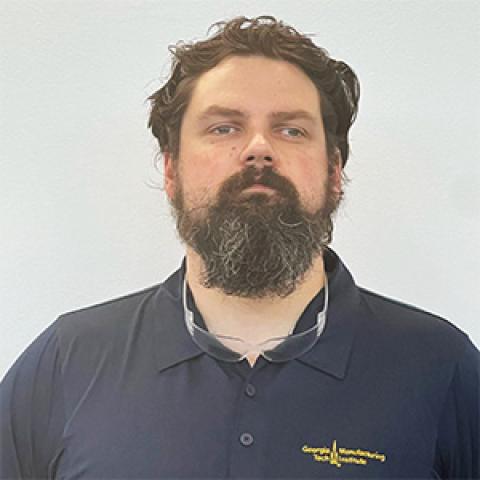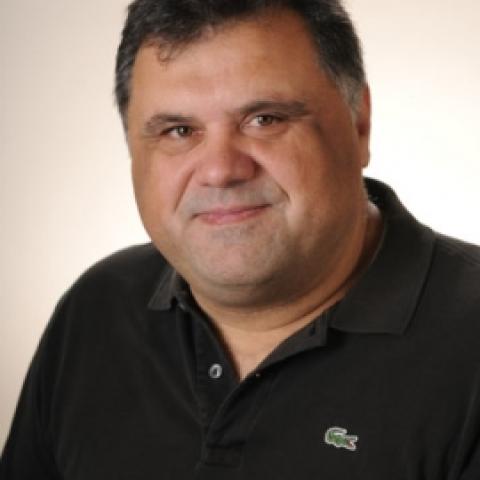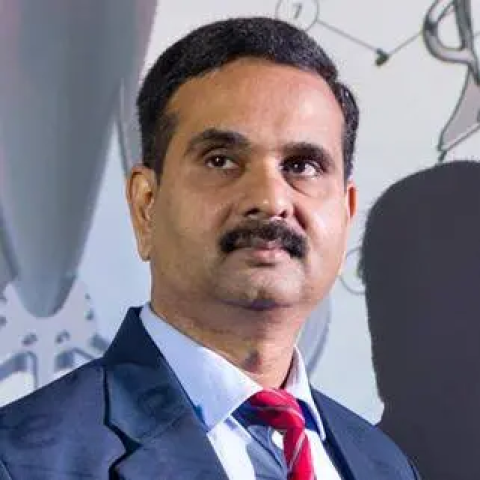Raghu Pucha obtained his Ph.D. in 1995 from Indian Institute of Science, Bangalore. He held post-doctoral research positions at Nanyang Technological University, Singapore and Purdue University, West Lafayette before coming to Georgia Tech in 2000.
His research focuses on developing upfront computational tools for the design, analysis and manufacturing of composite materials. His research contributions in composite materials include (i) Special purpose finite elements for design and delamination failure analysis of fiber reinforced laminated composites (ii) Microstructure simulations for impact damage analysis of composites (iii) Design, analysis and optimization tools for advanced composites in electronics applications. His current research includes design and analysis of nano-filler composites for structural, electronics and bio applications.
Dr. Pucha teaches computer graphics, CAD/CAE and design courses.
Additional Research
Computer-Aided Engineering & Design and Manufacturing: Analysis of composite materials for structural and electronics applications; Manufacturing Process Mechanics and Design-for-Reliability.
University, College, and School/Department
Georgia Institute of Technology > College of Engineering > Woodruff School of Mechanical Engineering









